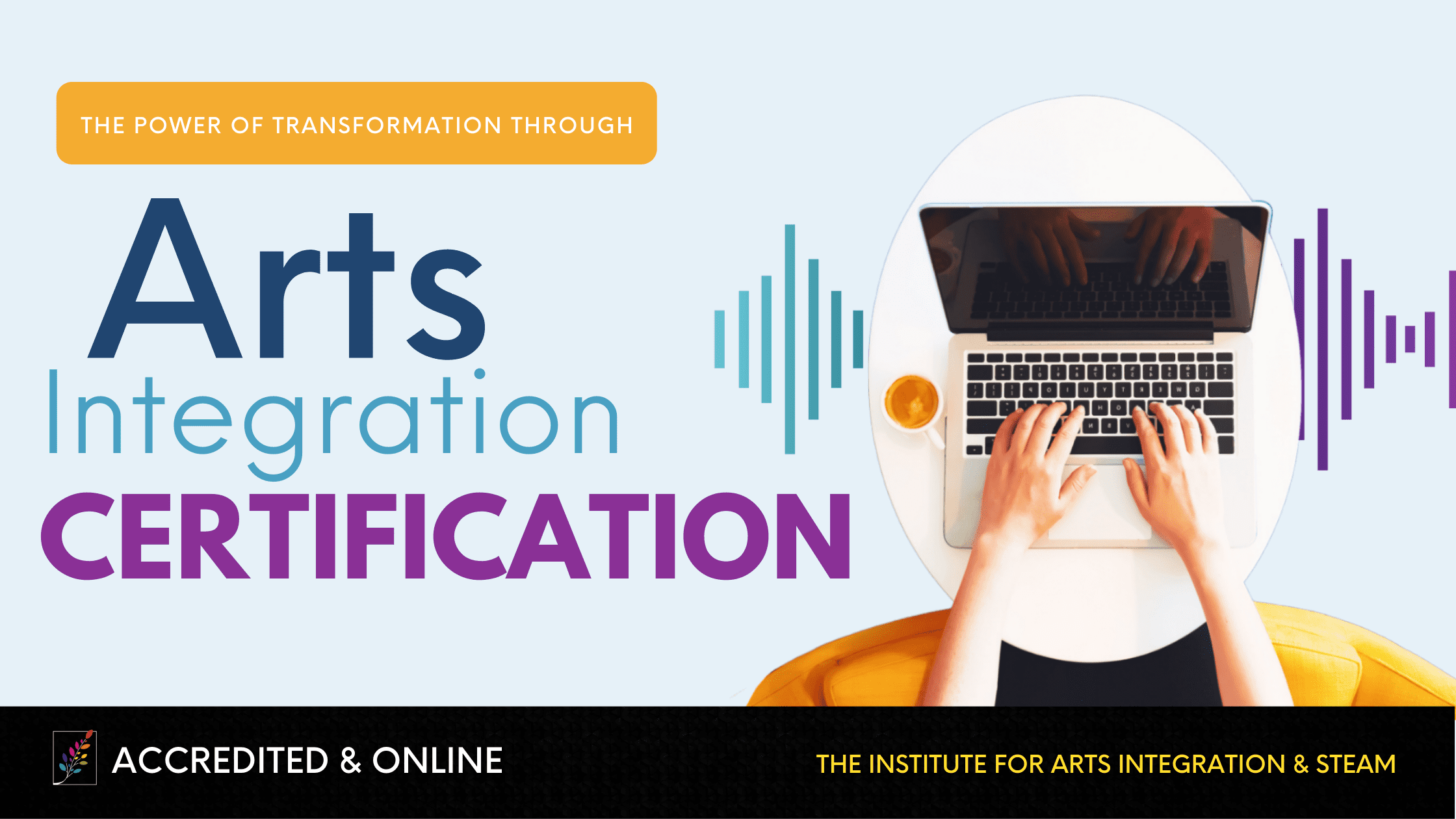Susan Riley | July 2013
The Recharge Principle
It’s summer vacation and while all educators do some planning, thinking, and even getting some professional development during their time off, it’s important to remember to take some time to relax and refresh for the school year ahead. This can often be a challenge, as so many of us want to make sure we are using the limited time we have to accomplish as many things as possible. But, without time to reflect, we are doing our students, families, and ourselves a great disservice. That’s why it’s so important to remember the Recharge Principle.
The Recharge Principle simply means that you dedicate yourself some time of doing NOTHING in short, purposeful moments. There’s no magical formula for it, but I have found that when you set aside and honor your recharge time, its effects are exponential to the exhaustion you feel. For instance, if you have worked for the last two months without a break, a sick day, or personal leave, you’re probably pretty burned out. However, if you take a 3-day vacation or long weekend to recharge, you come back feeling ready to tackle anything. 3 days for two months = not a bad investment.
And it doesn’t have to be for days at a time. The Recharge Principle works in small doses, too. Like the 15-minute mini-vacation each day. For 15 minutes out of your day, you turn off the computer, phone, and any other distractions and just let your mind wander. When you “return” in 15 minutes, you will have a better outlook for the rest of your day, and maybe even come up with a solution to a problem that’s been nagging you. Don’t believe me? Try it and then let us know the effects!
Why are these small pockets of doing nothing important? Well, research suggests that when you allow yourself to shut off distractions and make a concerted effort to relax, your brain’s creative juices get flowing. How many times have you tried to think your way through a problem or find a creative solution to no avail? And yet the minute you were doing a mundane task like driving or dusting, the answer just came to you? That’s because your brain needed to recharge itself! The creativity and solutions are in there – but the brain needs a release in order to bring them to the surface.
Plus, there are many health benefits to taking time for getting your groove back. Your body becomes stronger, your emotions come back to an even keel, and perspective begins to come back to your life. Who doesn’t want all of that?
So take time for yourself this summer.
Take a vacation and leave the cell phone at the hotel. Close the laptop and go for a walk. Or just close your eyes for 15 minutes and breathe. The Recharge Principle will bring the best part of you back.



